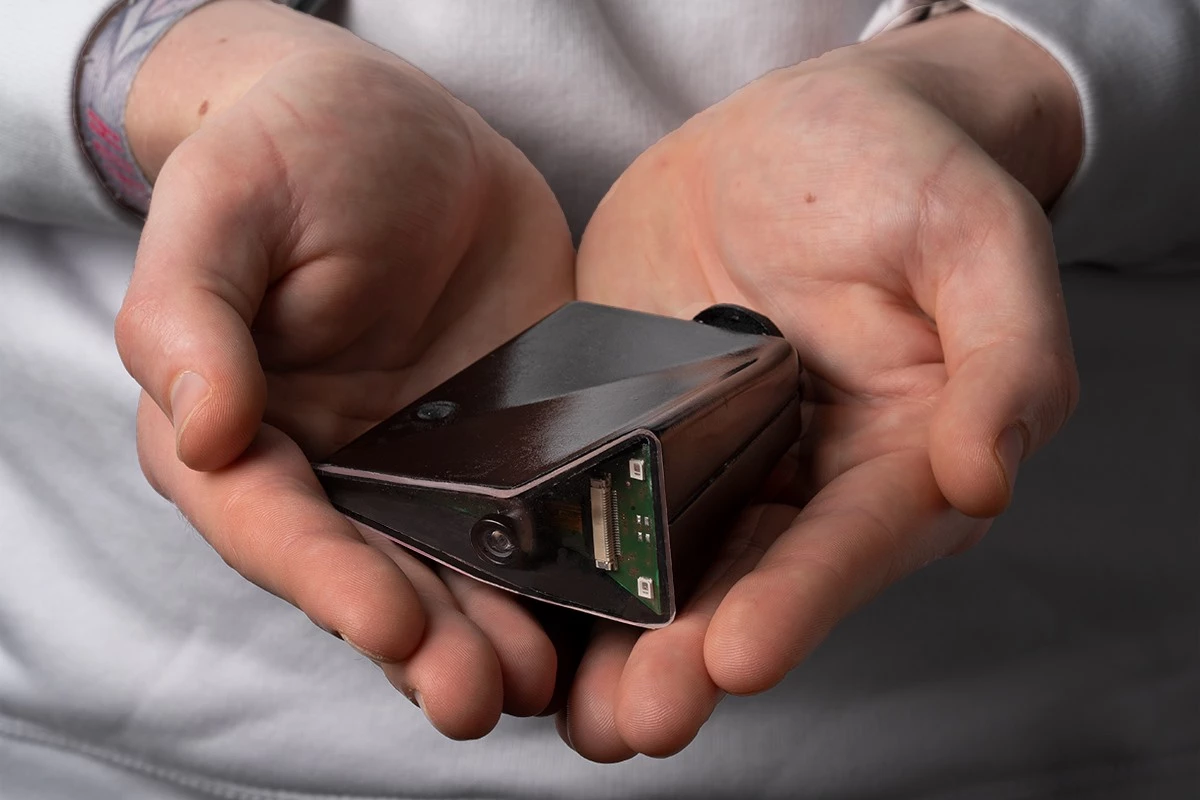A large percentage of bike-versus-car accidents occur when automobiles pass too closely to cyclists. The Dashbike tail light was designed with that in mind, as it automatically records video of any too-close drive-bys.
Manufactured by German startup Dashfactory, the water-resistant, GPS-equipped Dashbike functions first and foremost as a tail light. It can be mounted either under the saddle or on the seatpost, putting out up to 70 lumens as it flashes in a variety of patterns.
It additionally utilizes an integrated wide-angle HD camera and microphone to continuously record back-facing video, along with an ultrasonic proximity sensor to measure the distance between itself and passing cars. The footage is usually recorded in a loop, with the newest video constantly overwriting what was recorded previously. If a vehicle passes the cyclist by less than 1.5 meters (4.9 ft), however, the buffered footage of the incident is saved on the device's 16GB of internal memory.
Likewise, should the Dashbike's 9-axis accelerometer detect that a fall has occurred, the video of the moments leading up to that event will be saved.
In either case, if a vehicle-caused accident did indeed take place, the video can subsequently be used in court to show that the rider wasn't at fault. Additionally, if the user agrees to it, their geotagged footage can be transmitted anonymously to city officials, making them aware of areas where motorists frequently pass too close to cyclists.

An accompanying iOS/Android app is utilized to control the Dashbike's settings, and to review videos. That app can also be used simply to track the user's rides, although various other apps are equally capable of doing so.
Should you be interested, the Dashbike is presently the subject of a Kickstarter campaign. Assuming it reaches production, a pledge of €199 (about US$237) will get you one. Potential backers might also want to check out the existing Fly6 tail light, which doesn't have a proximity detector but does still continuously record back-facing video.
The Dashbike is demonstrated in the following video.
Sources: Kickstarter, Dashbike



